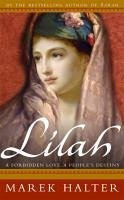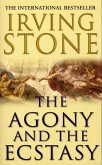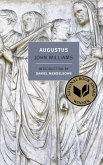In 397 BC, in Susa, the opulent capital of the Persian empire, where the Jews are living in exile, young Lilah is destined for a happy life: she is due to marry Antinoes, a great Persian warrior well known at the king's court.But her beloved brother Ezra, with whom she has been close since childhood, is opposed to this marriage with a foreigner.If Lilah insists, she will have to renounce Ezra, and that is something she cannot do, for she senses that he has been chosen by God to lead the exiled Jews to Jerusalem and, after centuries of displacement, revive the laws of Moses: laws which promote justice and give human life a meaning.
Abandoning the promise of a golden future, Lilah urges her brother to leave for Jerusalem and gives him new hope that a return to the Promised Land is possible. But Ezra, blinded by faith, orders the rejection of all foreign wives. At the risk of losing the one person she still has left in her life, Lilah opposes her brother's fanaticism, thereby ensuring the survival of the women and children condemned to leave the city. But her opposition comes at great personal cost . . .
Lilah concludes Marek Halter's trilogy about Biblical heroines. Sarah, Abraham's barren wife, brought her personal destiny to bear in the creation of a new religion. Zipporah, Moses wife, fought against racism and exclusion. By speaking out against religious extremism, of which women are the first victims, Lilah proves herself a champion of freedom.
Dieser Download kann aus rechtlichen Gründen nur mit Rechnungsadresse in A, B, BG, CY, CZ, D, DK, EW, E, FIN, F, GR, HR, H, IRL, I, LT, L, LR, M, NL, PL, P, R, S, SLO, SK ausgeliefert werden.









